The Discovery That Changed History
In the summer of 1799, during Napoleon Bonaparte’s Egyptian campaign, a French soldier named Pierre-François Bouchard made an extraordinary discovery near the town of Rosetta. Little did he know that the black granodiorite slab he unearthed would become one of the most important archaeological finds in history.
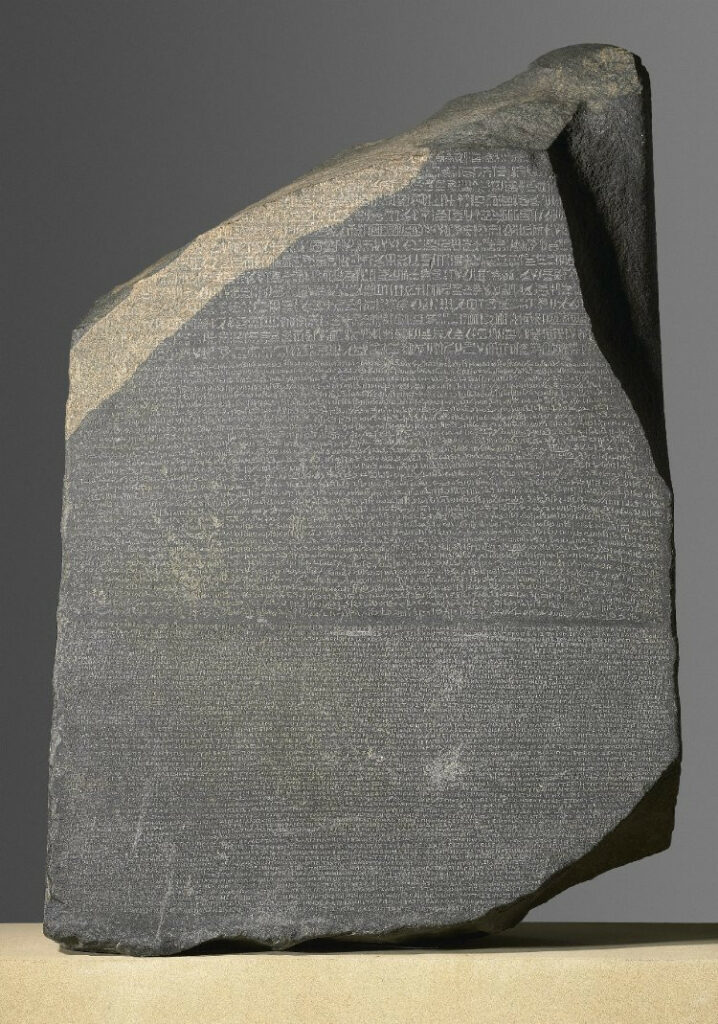
A Stone of Many Languages
The Rosetta Stone, as it came to be known, was inscribed with text in three different scripts: Ancient Greek, Demotic, and Hieroglyphs. This unique feature would prove crucial in deciphering the long-lost language of ancient Egypt.
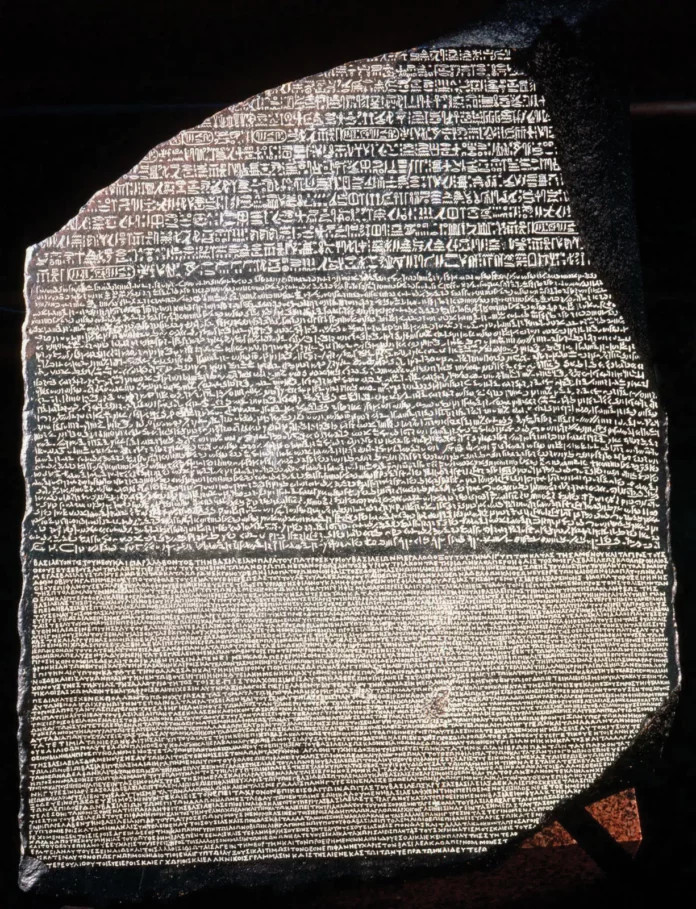
The Race to Decipher
Champollion’s Breakthrough
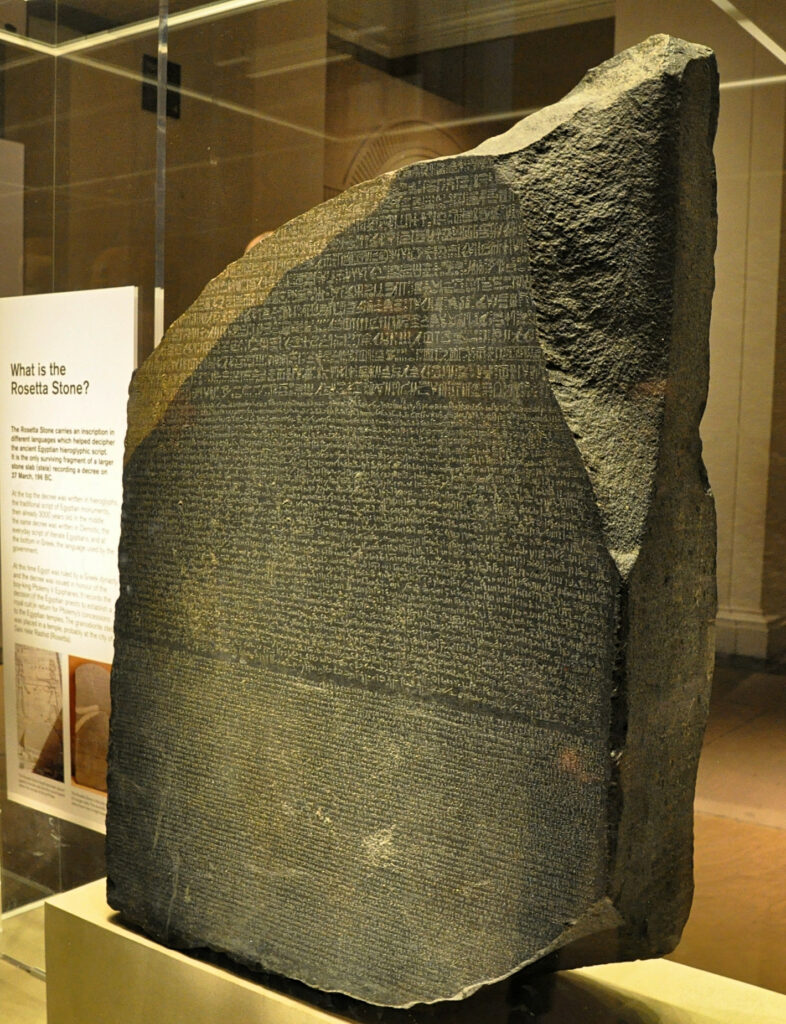
While many scholars across Europe were captivated by the challenge of decoding the hieroglyphs, it was Jean-François Champollion, a French linguist with a passion for ancient Egyptian culture, who would ultimately crack the code. Building on the work of others, including English polymath Thomas Young, Champollion’s meticulous efforts led to a groundbreaking announcement in 1822.
The Stone’s Enduring Legacy
Illuminating Ancient Egyptian Culture
The decipherment of the Rosetta Stone opened a window into the rich tapestry of ancient Egyptian history, religion, and culture. For the first time in over a millennium, the voices of this remarkable civilization could be heard again.
A Symbol of Cultural Exchange
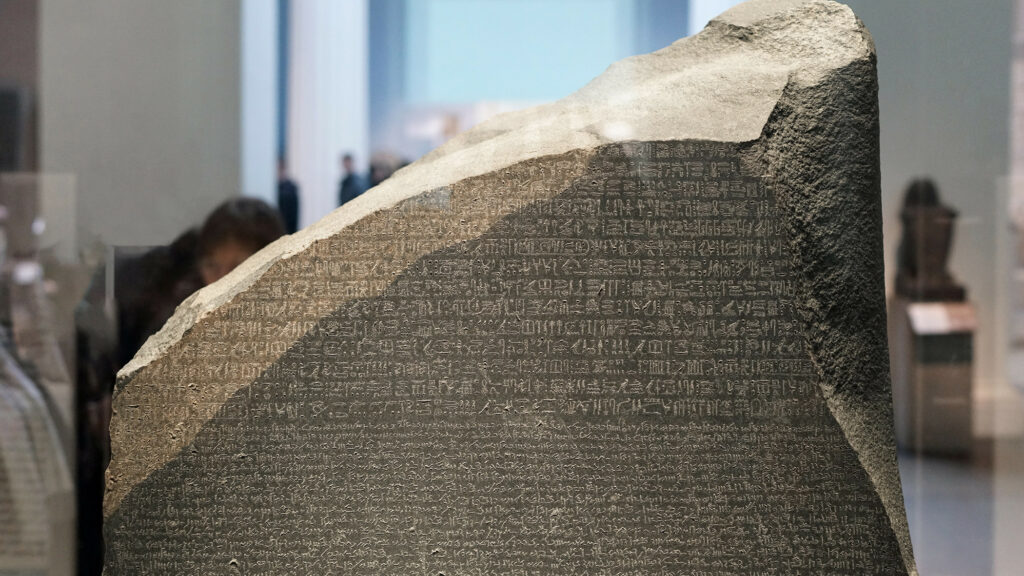
The trilingual nature of the Rosetta Stone serves as a powerful reminder of the multicultural society that existed in ancient Egypt. It highlights the importance of communication and mutual understanding between different cultures.
The Rosetta Stone Today
A Star Attraction
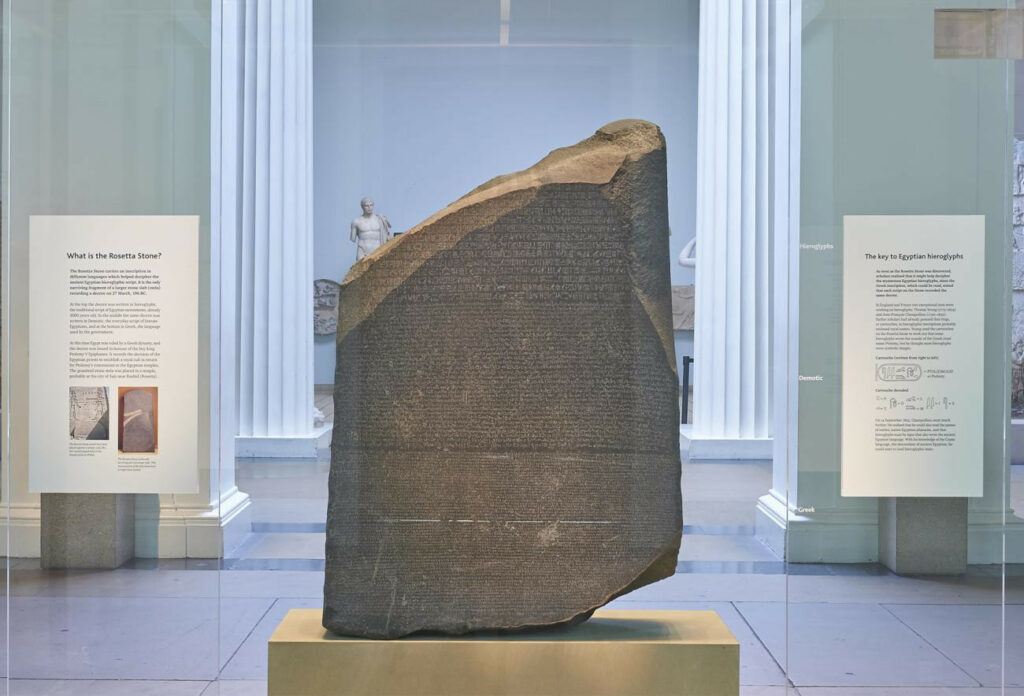
Now housed in the British Museum in London, the Rosetta Stone continues to captivate millions of visitors each year. However, its presence in Britain has sparked ongoing debates about cultural heritage and repatriation.
Conclusion: A Key to the Past
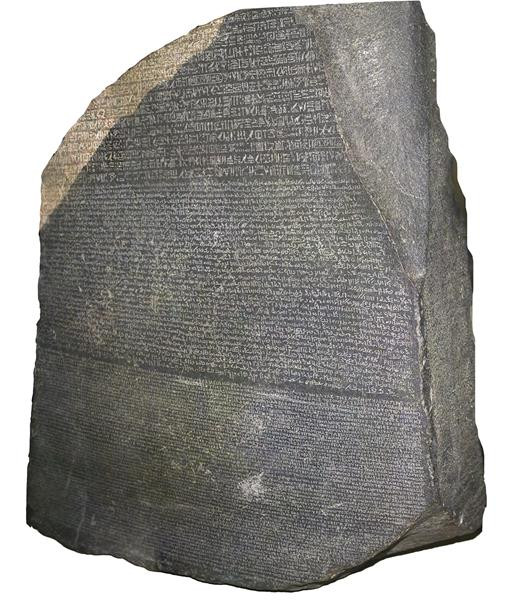
The Rosetta Stone’s journey from a forgotten slab to the key that unlocked an ancient civilization is a testament to human curiosity and perseverance. It stands as a beacon of discovery, reminding us of the enduring fascination with ancient cultures and the power of language to bridge vast gaps in time and understanding.
